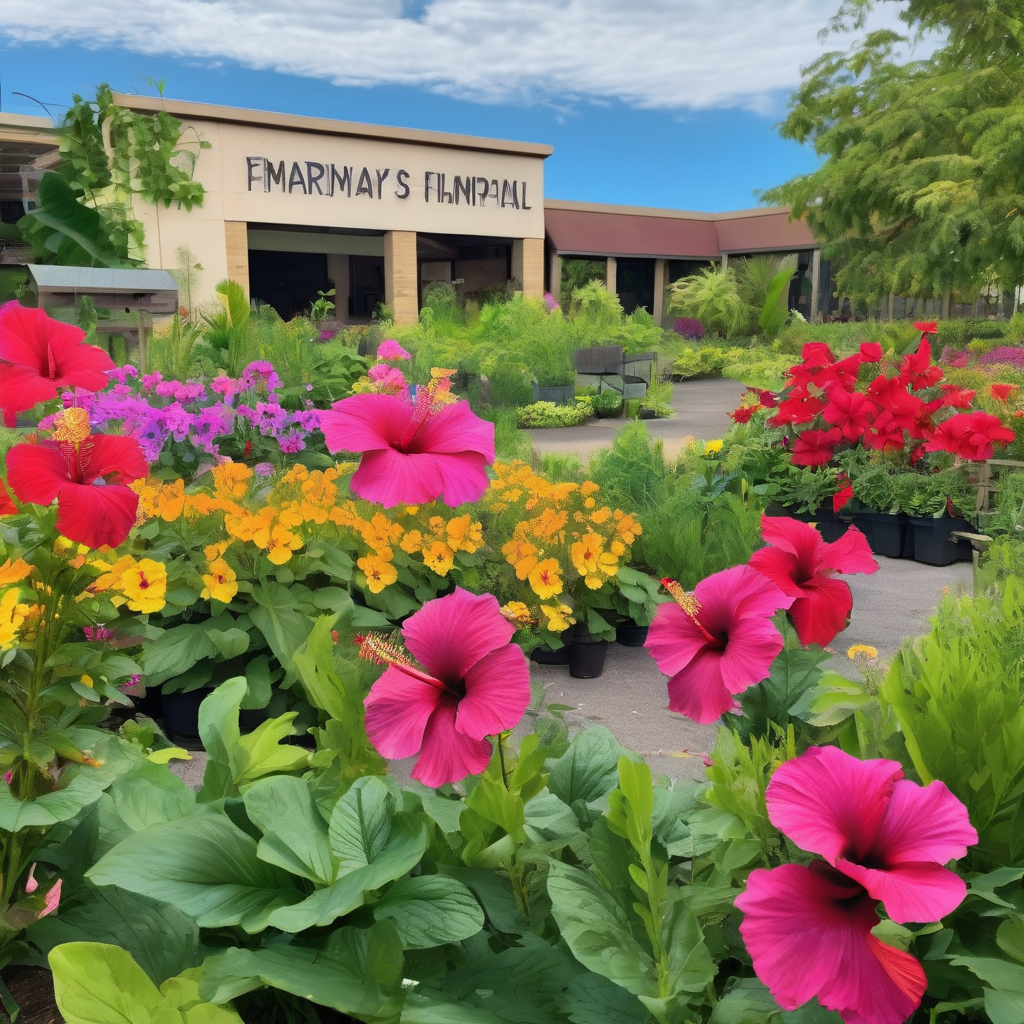Staff at Rotuma Hospital are cultivating more than just good health; they’re growing it from the ground up. Following a two-day “Grow Your Own Food” training conducted in early August, hospital employees took the initiative to plant a vegetable garden within the hospital grounds. This project aims to promote healthy eating, sustainability, and community well-being through the use of home-grown produce.
Just two months after planting, the hospital began reaping the rewards. On October 2, patients enjoyed fresh, organic vegetables harvested by the staff, marking a significant milestone that has transformed the hospital’s environment and its approach to nutrition. Moreover, hospital employees now dedicate Thursday afternoons to gardening, creating a weekly wellness activity that fosters teamwork, relaxation, and a connection with nature.
This initiative underscores how small, community-driven efforts can lead to substantial change—improving diets, strengthening bonds, and encouraging a culture of self-sufficiency and wellness across Rotuma Island. The success of this gardening project aligns with wider governmental initiatives in Fiji, where health and agriculture ministries are working together to promote healthier food choices among the population, especially through local and organic produce.
Health Minister Dr. Ratu Atonio Lalabalavu has pointed out that fostering a nutritional culture requires individual commitment, with initiatives like the “Grow Your Own Food” program supporting community members in cultivating their own fruits and vegetables. This not only enhances nutrition but also reduces reliance on imported food, as reflected in alarming statistics that indicate a substantial portion of the population does not meet nutritional guidelines set by the World Health Organization.
The momentum created by such community and hospital gardening programs contributes to a promising outlook for Fiji’s food security and health. By embracing local agricultural practices, residents can improve their diets, mitigate health risks related to non-communicable diseases, and support local economies—all while fostering a deeper connection to their environment. This hopeful trend illustrates how concerted efforts towards self-sufficiency can lead to healthier and happier communities.
